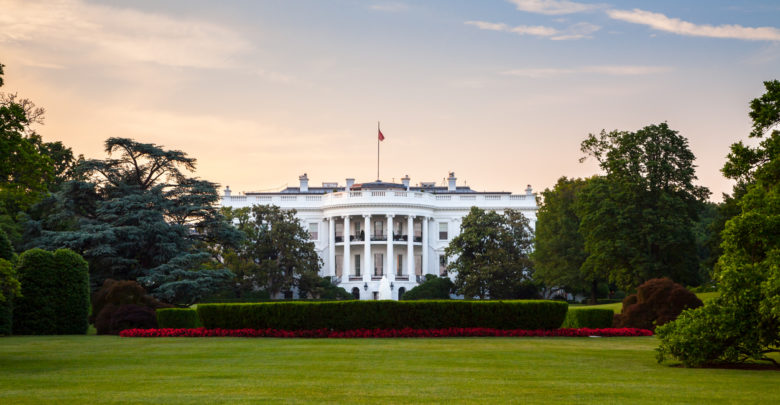
The United States (US) continues to pile on the pressure on Middle East ally countries to expel the Russia-based military contractor, Wagner Group, from Libya and Sudan where it has expanded its presence in recent years, reported The France 24.
Washington’s call comes as President Joe Biden’s administration is making a strong push against the mercenaries. The US government has slapped new sanctions on the Wagner Group in recent months over its increasing role in the Russia-Ukraine war.
The Wagner group is owned by Russian businessman Yevgeny Prigozhin, who has close ties to Russian President Vladimir Putin. The Pentagon has described the military contractor group as a surrogate for the Russian Defense Ministry. The Russian government, however, denies having any connection.
According to reports, the US administration has been in discussion with regional powers Egypt and the United Arab Emirates (UAE) for months to pressure military leaders in Sudan and Libya to end their ties with the Wagner group.
Notably, the Russia-based military contractor group doesn’t announce its operations, but its presence is known from reports on the ground and other evidence. It has deployed thousands of its personnel in African and Middle Eastern countries including Mali, Libya, Sudan, the Central African Republic, and Syria.
In Sudan, the Wagner group was originally associated with former strongman Omar al-Bashir. According to Sudanese officials, the group started operating in Sudan in 2017, providing military training to intelligence and Special Forces, and to the paramilitary group known as the Rapid Support Forces. After Bashir’s ousting, it now works with the military leaders who replaced him.
In Libya, the Wagner group has a connection with the country’s eastern-based military commander Khalifa Hafter.
Earlier this week, Rights experts working with the US government and the United Nations (UN) experts accused the group of committing possible war crimes and crimes against humanity in Mali, where it is fighting alongside government forces. These include rape, torture, pillaging, arbitrary detentions, and abductions.






